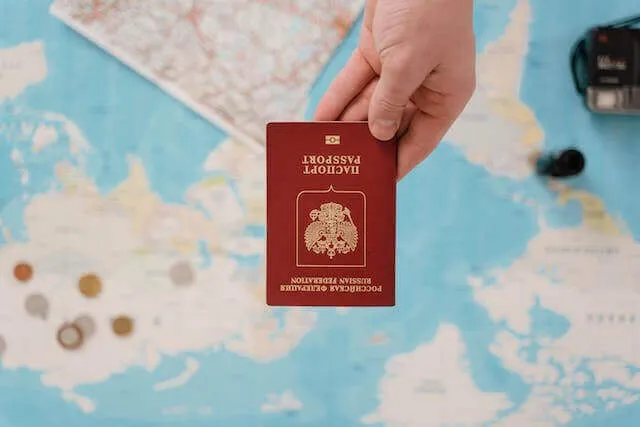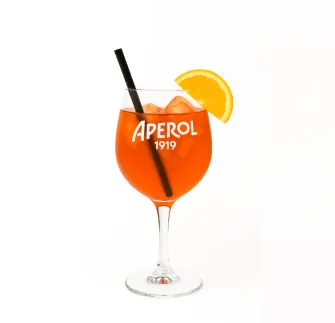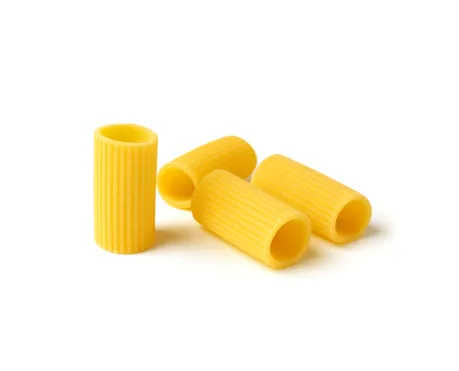 Prepositions
Prepositions
Lesson fiveteen


Lesson fourteen
After essere (to be) and avere (to have), modal verbs are among the most important and useful verbs in Italian. They allow you to express what you want, can, or must do, ideas essential in everyday life. In English, there are several modal verbs (can, must, may, will, etc.), but in Italian, there are three main ones volere (To want) potere (Can / To be allowed to) and dovere (Must / To have to)
These verbs are called verbi modali or verbi servili in Italian because they serve another verb, modifying its meaning. They are almost always followed by an infinitive verb (like mangiare, andare, or parlare), creating expressions such as I want to eat or We can go.
The verb volere expresses desire, will, or intention. It’s used to say what someone wants to do or have. You’ll hear it constantly in daily life, when ordering food, making plans, or talking about goals.
Here’s the conjugation of volere in the present tense:
| Pronoun | Conjugation |
|---|---|
| Io | voglio |
| Tu | vuoi |
| Lui / Lei | vuole |
| Noi | vogliamo |
| Voi | volete |
| Loro | vogliono |
Volere is followed directly by another verb in the infinitive form (unconjugated). Notice there is no to as in English, for example, voglio mangiare (literally, I want eat).
Voglio imparare l’italiano.
I want to learn Italian.
Voglio viaggiare e vedere il mondo.
I want to travel and see the world.
Il bambino non vuole andare a scuola.
The child doesn’t want to go to school.
Vuoi venire al cinema con me?
Do you want to come to the cinema with me?
Volete mangiare una pizza?
Do you want to eat a pizza?
Instead of volere, Italians often use the expression avere voglia di (literally to have the desire to) when they mean to feel like doing something. It’s softer and more natural in many contexts.
Questa sera non ho voglia di uscire.
I don’t feel like going out tonight.
Hai voglia di andare al cinema con me?
Do you feel like going to the cinema with me?
Ho voglia di mangiare una pizza.
I feel like eating a pizza.
Potere is used to express possibility, permission, or ability. It can mean can or may depending on the situation. It’s a very practical verb, useful for asking permission, offering help, or talking about what’s possible.
Here’s the conjugation of potere in the present tense:
| Pronoun | Conjugation |
|---|---|
| Io | posso |
| Tu | puoi |
| Lui / Lei | può |
| Noi | possiamo |
| Voi | potete |
| Loro | possono |
Puoi aiutarmi a fare i compiti?
Can you help me with my homework?
Loro non possono venire alla festa.
They can’t come to the party.
Posso parlare con te?
Can I talk with you?
Puoi portarmi un bicchiere d’acqua, per favore?
Can you bring me a glass of water, please?
Puoi aprire la finestra?
Can you open the window?
In English, can is used for both permission (Can I go out?) and ability (I can swim). In Italian, potere is used for permission or possibility, not for learned skills or abilities. To talk about ability, use sapere (to know how to).
Io non so cantare.
I can’t sing (I don’t know how to).
Giulia sa nuotare.
Giulia can swim (she knows how to swim).
Dovere expresses duty, obligation, or necessity. Depending on context, it can mean must, have to, or should. Italians use it frequently when talking about responsibilities or giving advice.
Here’s the conjugation of dovere in the present tense:
| Pronoun | Conjugation |
|---|---|
| Io | devo |
| Tu | devi |
| Lui / Lei | deve |
| Noi | dobbiamo |
| Voi | dovete |
| Loro | devono |
Domani devo andare al lavoro.
I have to go to work tomorrow.
Lui deve andare dal dottore.
He has to go to the doctor.
Dobbiamo studiare per l’esame.
We have to study for the exam.
Devo tornare a casa.
I have to go back home.
Domani devo alzarmi presto.
Tomorrow I need to get up early.
 Prepositions
Prepositions
Lesson fiveteen
 Question words
Question words
Lesson sixteen
 Nationalities
Nationalities
Lesson seventeen
 Adjectives
Adjectives
Lesson eighteen
 This and That
This and That
Lesson nineteen
 How old are you?
How old are you?
Lesson twenty